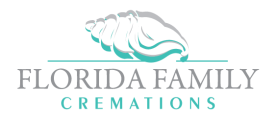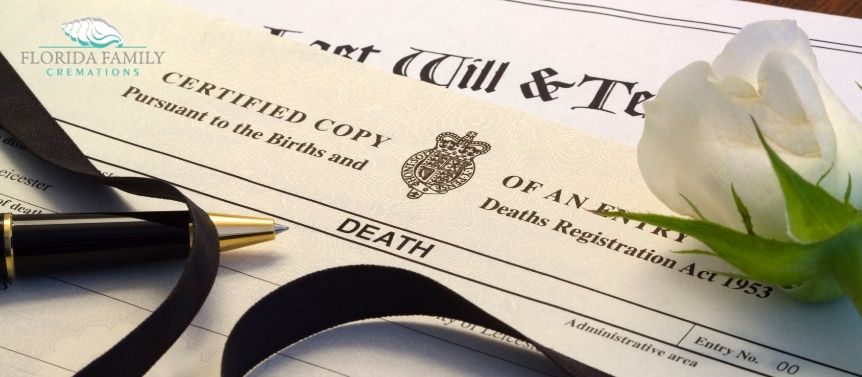Losing a loved one is never easy. The thought of never being able to share laughs during the holidays or facetime can be extremely devastating. While not many would want to discuss death matters, it is useful to know specific procedures and documents required by law. A certified death certificate is a document required after the passing of a loved one.
What Is a Death Certificate?
A death certificate is a legally written record of a person’s death. Typically, the medical examiner prepares this document. Death certificates without the cause of death are accessible to anyone over the age of 18. However, certificates entailing information on the cause of death are only available to:
- The deceased spouse, child or parent or grandparent
- A person in possession of the will. Also, any document that proves they are acting on behalf of the immediate next of kin
- The court
- A burial or funeral director
How to Get a Certified Death Certificate
There are three ways through which you can obtain a certified death certificate in Florida, namely:
- By ordering and making payment to VitalChek– the only vendor that can issue death certificates
- By mailing an application form or physically applying at the Bureau of Vital Statistics offices in Jacksonville, Florida
- By sending a request to the Florida county health department near you
Why You Need a Certified Death Certificate After the Passing of a Loved One
Obtaining certified copies of a death certificate is essential for the following reasons:
1. To close the deceased bank account or claim their assets
When a person dies, their next of kin can claim or close their account. First, you will need to provide the bank with a certified copy of the death certificate. Secondly, the bank has to confirm whether the deceased did not specify any terms in their will. If this is the case, the bank will transfer your loved one’s assets before closing the account. Alternatively, the bank may also let you retitle the account.
2. To file a claim for your loved one’s life insurance
You need a certified death certificate to collect the proceeds of your loved one’s life insurance. Life insurance will be extremely helpful in covering medical and burial expenses.
3. To allow the spouse or next of kin to inherit the deceased’ IRA account
Typically, when a person dies, the spouse is the sole beneficiary of the retirement account. However, a next of kin may also have the right to file a claim. In both cases, you require a death certificate as proof.
4. To notify the Social Security Administration
As an immediate family member, you may be eligible for your loved one’s social security benefits. As a spouse, you are automatically eligible for a one-off amount, often referred to as the death benefit. You will need to provide a certified death certificate before collecting this payment.
5. To proceed with the burial arrangements
As mentioned earlier, death certificates are legal documents prepared by the coroner. A certified death certificate allows the cremation or funeral director to begin the process. If you live in the Tri-county area, you may hire a registered crematorium to request the death certificate and plan all necessary arrangements.
6. To apply for veteran dependent benefits
Surviving spouses and other dependents are eligible for veteran death benefits. To receive the VA Dependency and Indemnity Compensation, you will need to provide a certified death certificate and other documents at the veteran affairs’ regional office.
Contact Florida Family Cremations to Learn More about Certified Death Certificates
The passing of a loved one can be overwhelming to family members and friends. Seeking help from a cremations team can help relieve the burden. Our team at Florida Family Cremations offers cremation services in Clearwater. Our services include cremation pre-planning, immediate need, and cremation services for veterans. For more information on our process and cremation pricing, visit our website or call us at (727) 223-5911.

